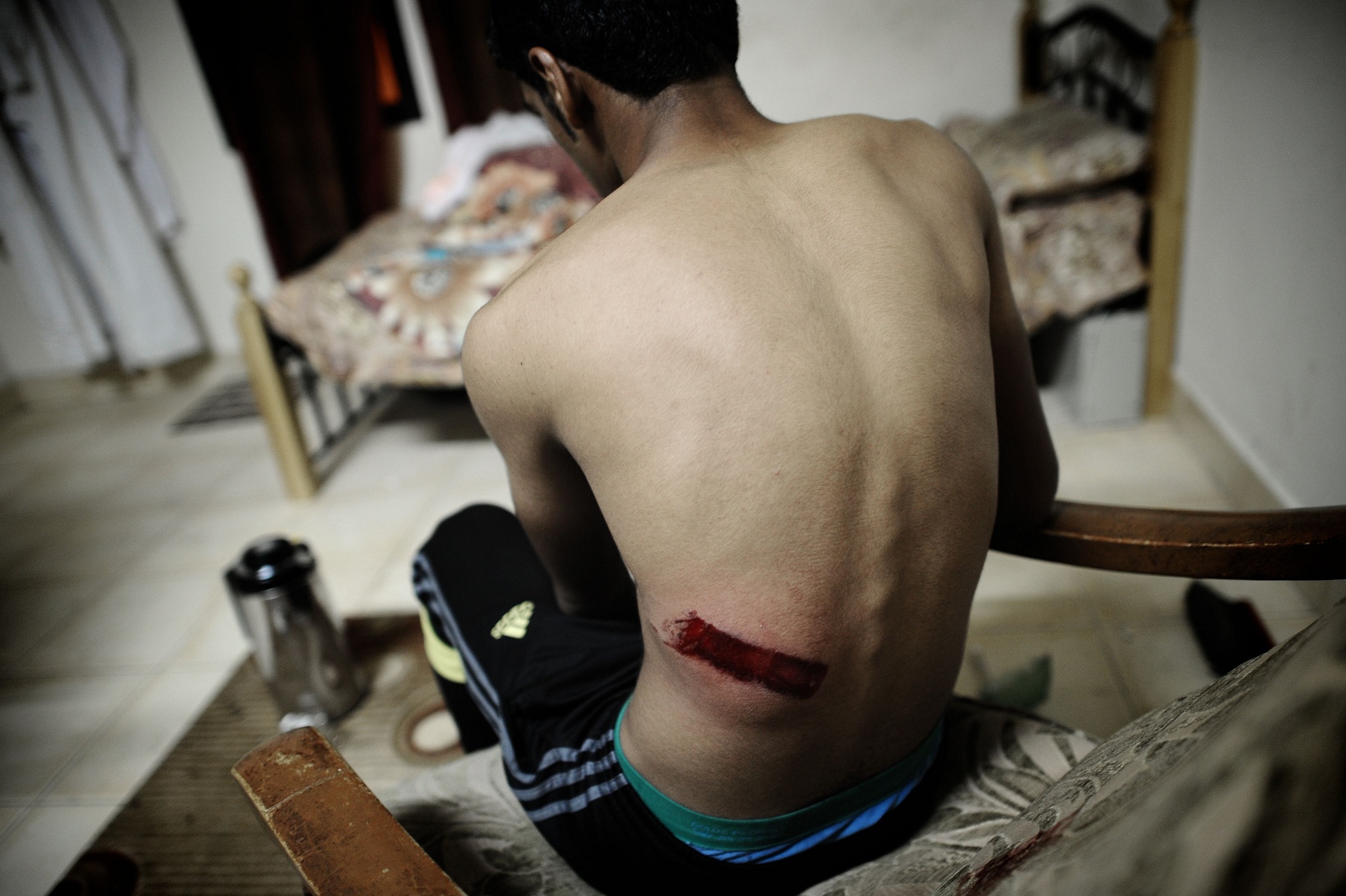CAIRO: Some 22 independent and opposition daily newspapers did not publish their Sunday issues in protest of the lengthy jail sentences recently handed down to several journalists.
The newspapers were Al-Masry Al-Youm, Al-Badil, Al-Dostour, Al-Osbou, Al-Fajr, Al-Midan, Al-Forsan, Sout Al-Omah, Al-Ahali, Al-Mogaz, Al-Arabi Al-Nassery, Al-Gamaheer, Al-Karama, Nahdat Masr, Al-Nahar, Al-Alam Al-Youm, Al-Mawqef Al-Arabi, Al-Mal, Al-Khamis, Al-Ahrar, Al-Wafd and Al Ghad.
Daily News Egypt asked pedestrians what they thought about this form of protest and what changes they expect to happen as a result.
Mohamed Ahmed, a 20-year-old student, told Daily News Egypt that the newspapers’ strike was “very effective indeed as a form of protest against what is happening in the press.
At the same time, Ahmed added, “the government was probably pleased that those papers did not publish for a day because these papers usually attack the government. In other words, they will not exactly beg these papers to come back.
A 23-year-old female, who preferred to remain anonymous, agreed with Ahmed’s opinion. “Of course, the 22 newspapers not appearing is a positive stance. However, it will not have any impact on the government’s position regarding the journalists who received the jail sentences.
As for the persecuted journalists, she says it is “fair if it has been proven that these journalists provided wrong information to the public or offended other people.
Mona Aboul Nasr, a journalist at Al-Masry Al-Youm newspaper, said, “The newspapers not publishing is a form of a protest, but I do not see how it can be effective in the current circumstances.
“I think that the newspapers did this just so it would be said that they did something [to protest] the jail sentences that were handed to a number of editors recently, Aboul Nasr added.
Still, “nothing has happened in reaction to the newspapers’ protest until now, she said.
On the other hand, Ahmed Mohamed, a businessman, said that the newspapers strike was “very negative.
“I am also 100 percent in support of the verdicts given to the editors for providing wrong information, he added.
The protest came one week after the postponement of Al-Dostour editor Ibrahim Eissa’s trial, at the request of his lawyers who asked for more time to investigate the nine lawsuits filed against him.
Eissa is accused of publishing wrong information about the president’s health and spreading rumors that threatened foreign investments in Egypt and caused public panic. Eight other lawsuits were filed by lawyers affiliated with the National Democratic Party (NDP) accusing Eissa of “causing them emotional damage after publishing the rumors.
Two weeks ago, Adel Hammouda, editor of Al-Fajr weekly, Wael Al-Ibrashy, editor of Sout Al-Omah weekly, and Abd Al-Halim Kandil, former editor of Al-Karama newspaper, along with Eissa were all sentenced to a year in prison and a LE 20,000 fine for intentionally insulting President Mubarak, his son and the ruling party.
The chief editor of Al-Wafd newspaper, Anwar Al-Hawari, as well as Mahmoud Galeb, and Amir Salem – two journalists at the same newspaper – also received a two-year jail sentence for misquoting the Minister of Justice.
Al-Badil editor Mohammed Sayyed Said is also facing prosecution for writing about President Hosni Mubarak’s health.



